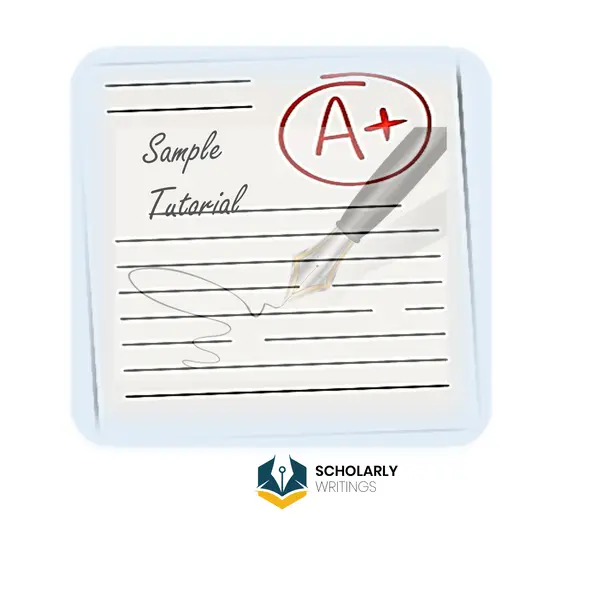No products added!
(Solution) Healthcare Rationing for the Elderly | Ethical and Policy Factors
Category: Nursing Assignment Help
$30.00 Original price was: $30.00.$10.00Current price is: $10.00.
Description
Healthcare Rationing for the Elderly | Ethical and Policy Factors
Solution
Table of Contents
Healthcare Rationing for the Elderly. 3
Growing Healthcare Demand from the Aging Population. 3
Nursing Homes and the Ethics of Healthcare Rationing. 4
The Ethics and Economics of Age-Based Rationing. 5
Arguments Supporting Age-based Health Rationing. 5
Critiques and Opposition to Age-based Health Rationing. 6
Ethical Considerations Based on ANA Code of Ethics. 7
Conclusion. 8
References. 9
Healthcare Rationing for the Elderly
Establishments that serve the elderly frequently face discussions about the rising demand driven by a growing elderly population. Viviani et al. (2021) project that the global population aged 80 and above will surge from 125 million in 2015 to 434 million by 2050. In response, nursing homes such as Presbyterian Homes and Services must proactively address concerns about the strain this demographic shift may place on the healthcare system. The central debate will focus on whether American society can meet the healthcare demands of this expanding population. Given the scarcity of resources, healthcare providers must allocate their resources carefully. However, doing so may require rationing care for older adults. Nursing homes will play a key role in this debate as they continue working to enhance residents’ experiences (Kusmaul et al., 2017). However, this approach risks creating an unsustainable trajectory. As the healthcare costs surge due to the aging population, society faces an ethical dilemma over healthcare rationing as it has to ensure economic sustainability, guarantee equitable care access, and uphold ethical duty of dignified care for all individuals.
Growing Healthcare Demand from the Aging Population
Previous government policies aimed at improving healthcare for the elderly have placed a significant emphasis on strengthening the healthcare system. Hosseini (2015) notes that the passage of the Medicare Bill in 1965 sparked optimism about its potential to improve elderly health. Since then, millions of Americans over the age of 65 have received Medicare benefits. However, the rising aging population has led to a sharp and unsustainable increase in healthcare spending. Age stereotypes and productivity deficiencies are common and often translate into discriminatory policies that can lead to artificial barriers to the age population (Viviani et al., 2021). As Hosseini (2018) explains, older adults require more expensive medical and nursing care than younger individuals. Consequently, the burden of managing chronic conditions attributable to aging has grown substantially in recent decades. In 1900, life expectancy in the U.S. was 47.3 years. By 2015, it had risen to nearly 80 years. Such a rapid expansion of the older population presents significant policy challenges (Hosseini, 2018). As healthcare costs for the elderly continue to escalate, policymakers must urgently develop solutions to safeguard the well-being of future generations.
Nursing Homes and the Ethics of Healthcare Rationing
Nursing homes consistently prioritize the quality of care for their residents. After all, nursing facilities become their entire world for many residents as they spend their final months there (Kusmaul et al., 2017). Aware of this fact, federal and state administrations actively regulate nursing homes to ensure residents receive appropriate rights and protections. The Nursing Home Reform Act of 1987 mandates nursing homes certified by Medicare and/or Medicaid to uphold and promote residents’ rights. The rights include respectful and humane treatment, freedom from discrimination, participation in activities, access to adequate medical care, and protection from abuse and neglect (Kusmaul et al., 2017). The American Nurses Association (ANA) Code of Ethics also emphasizes these principles. As a result, considerable attention is on ensuring nursing homes deliver the highest quality care, even if the emphasis overlooks the growing healthcare burdens associated with an aging population…
Please click the icon to access the expertly-formatted paper in full.
Be the first to review “(Solution) Healthcare Rationing for the Elderly | Ethical and Policy Factors” Cancel reply


Reviews
There are no reviews yet.